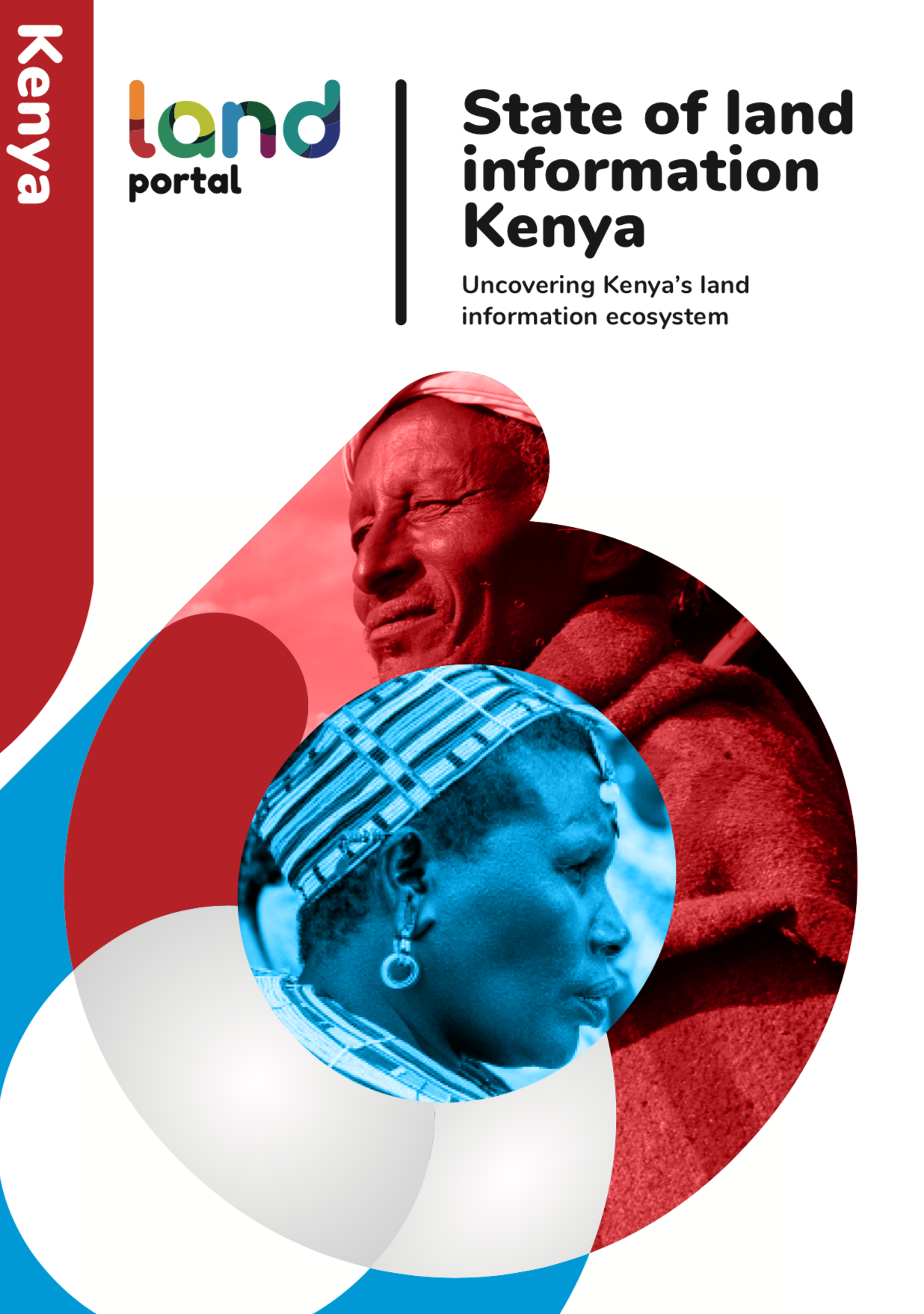Resource information
Availability of accurate and up to date data and information on land and different land uses, such as agriculture, forestry, mining, wildlife, water, housing and infrastructure, is critical to effective land governance and crucial for planning and managing the use of land and land-based resources. Public institutions and the government need land data and information for appropriate and timely decision-making; while land users, the general public and other stakeholders need it to effectively monitor and influence those decisions. Land data and information is also critical for effective tracking of land policy implementation processes to inform lesson learning and generate good practices, as well as to ensure sustainable and equitable land investments.
It is an often-repeated rhetoric that there is a lack of land data; either there is no data or the data that exists is unreliable or out of date. Collecting new data is a time-consuming and costly process. Data is collected and captured on a massive scale already, but research shows that of all existing data worldwide, less than 1% is actually analyzed and digested. With increasing digitization of information, increased use of internet in all parts of the world, and continuously growing demand for more data, the risk is that existing data is either purposely cast aside (as the source may be from outside our trusted networks) or simply overlooked. The current reality of land data is that in many parts of the world, data remains inaccessible, fragmented, poorly managed or simply unusable.
Kenya ranks 78th out of 94 countries assessed in the global Open Data Index. The Kenya government scores relatively well when it comes to making certain data, such as government budgets, national statistics and laws, publicly available and for free. The availability and accessibility of land ownership data, however, received the lowest possible score; this crucial piece of land-related information is not publicly accessible, not free, not up-to-date and not available in a way that allows for re-use. However, land issues go much beyond ‘simply’ land ownership data. There are countless more elements to land, about which data and information are needed, and there are many more possible sources of data than simply government data. An overview of the existence and accessibility of the range of data and information that covers key areas of land beyond ownership, however, simply does not exist.
With the State of Land Information Report, we seek to provide an overview of existing data and information on key land issues. The aim of the research is to uncover the many different sources of land data and information at the country-level and help to identify actual data and information gaps, with a view to establishing a baseline for targeted ‘information-based’ interventions to improve the information ecosystem. What sets this research apart from other monitoring initiatives, is that the focus is on the database or dataset and its sources; the value or content of the information is not our main focus. Our belief is that data quality, accuracy and reliability lies in the judgement of the user.
For the very first time, we look at the entire landscape of a country to see trends and gaps when it comes to land data collection, as well as how accessible it is on the world wide web. The State of Land Information report concludes with -where necessary- concrete recommendations to data and information providers to improve their data sharing practices, to help establish a functioning, inclusive and democratized ecosystem of data.
For a detailed understanding of the land governance context in Kenya, check the country profile.


